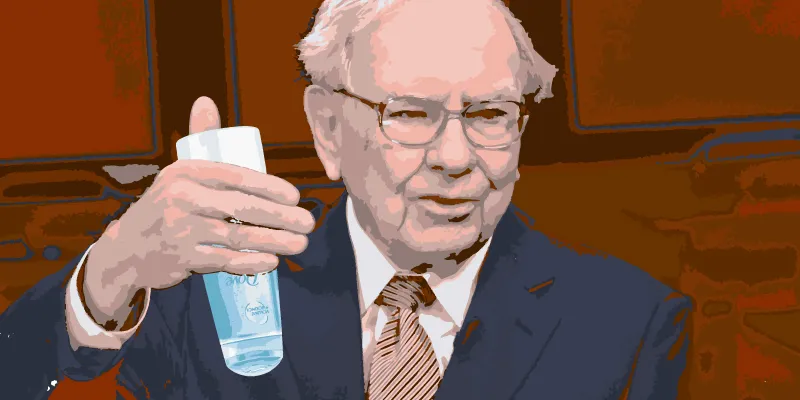When Kraft Heinz added Unilever to the cart and attempted a $143-billion checkout
History is your best friend. You know a good deal when you see one.
While we cry over valuations, devaluations and all that is wrong in the world of startups in India, let’s shift the conversation to the global landscape and talk about a deal that could very well have changed our shopping baskets forever. A deal that was poised to put some of the world’s best known brands in the hands of one kitty. A deal, perhaps, too good to be true?
On Friday, Kraft Heinz made an audacious $143-billion bid to acquire the Dove-to-Lipton consumer powerhouse Unilever. Those in knowledge revealed that talks in private had been on going but yielded little result. Together, the companies would create a consumer-to-food behemoth that would rake in more than $82 billion in annual sales. Had it pulled through, it would have been the largest cross-border M&A since Vodafone’s $183-billion acquisition of Mannesmann.

A great merger tells a great story and the best stories always have a leading character. Only this one had three. The greatest investor of all time, a private equity titan of the ages, and a conglomerate faced with changing times.
Two years ago, Berkshire Hathaway owned H.J. Heinz, and 3G Capital orchestrated a $45-billion takeover of Kraft Foods. In contrast, one could say Friday’s $143-billion bid is stretching it. Who in their right minds can roll that kind of dough? Well, American business magnate Warren Buffett and Brazilian billionaire Jorge Lemann can. They are personally worth $75 billion and $29 billion respectively.
Lemann’s 3G Capital controls three iconic companies reflective of America’s consumer culture: Anheuser-Busch’s Budweiser, Burger King and Heinz Ketchup, commanding a combined market value of $187 billion. Buffett’s Berkshire Hathaway's market cap tips a little over a colossal $415 billion.
Unilever dismissed and declined to participate in the talks citing that the offer was too low. A little less than 48 hours later, Buffett and Lemann decided to walk away. The alternative would be a costly and messy public affair, which would not resonate with their investment styles.
We often change our minds before spending a couple of thousand rupees; I’m sure Buffett and Lemann could change their mind before splurging a couple of hundred thousand crores.
Giants such as Unilever are aware of the reality of changing consumer habits and competition from younger companies. The solution? Legacy businesses still view acquisitions as an entry/barrier-to-entry strategy. Last year, Unilever paid $1 billion for Dollar Shave Club, an upstart with a strong online presence and powerful branding. In less than a year, the tables turned for Unilever.
Closer to home, in an interview with Mint, Rajat Wahi, KPMG’s Partner & Head of Consumer Markets, had said a merger between Unilever and Kraft Heinz would be a huge opportunity for both companies in India, and would give Hindustan Unilever an opportunity in the food business.
But a lot could change in a weekend; a casual $143-billion bid was made and withdrawn. But is this really over? If I was the CEO of Unilever, I wouldn’t be happy because I think it’s only a matter of time before withdrawal symptoms get the better of the investors.
In 2008, at the peak of the crisis, Buffett invested $5 billion in Goldman Sachs. In 2014, he bought P&G’s Duracell in exchange for $4.7 billion in P&G shares. 2015 was eventful for Buffett's Berkshire Hathaway: it completed a $45-billion takeover of Kraft Foods, the acquisition of the Van Tuyl Group (the largest auto dealership deal) and paid $37 billion for Precision Castparts,
If there is one thing life teaches you, history is your best friend. And as Buffett says, you know a good deal when you see one.







